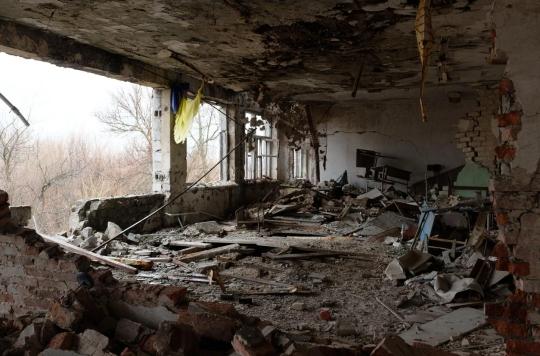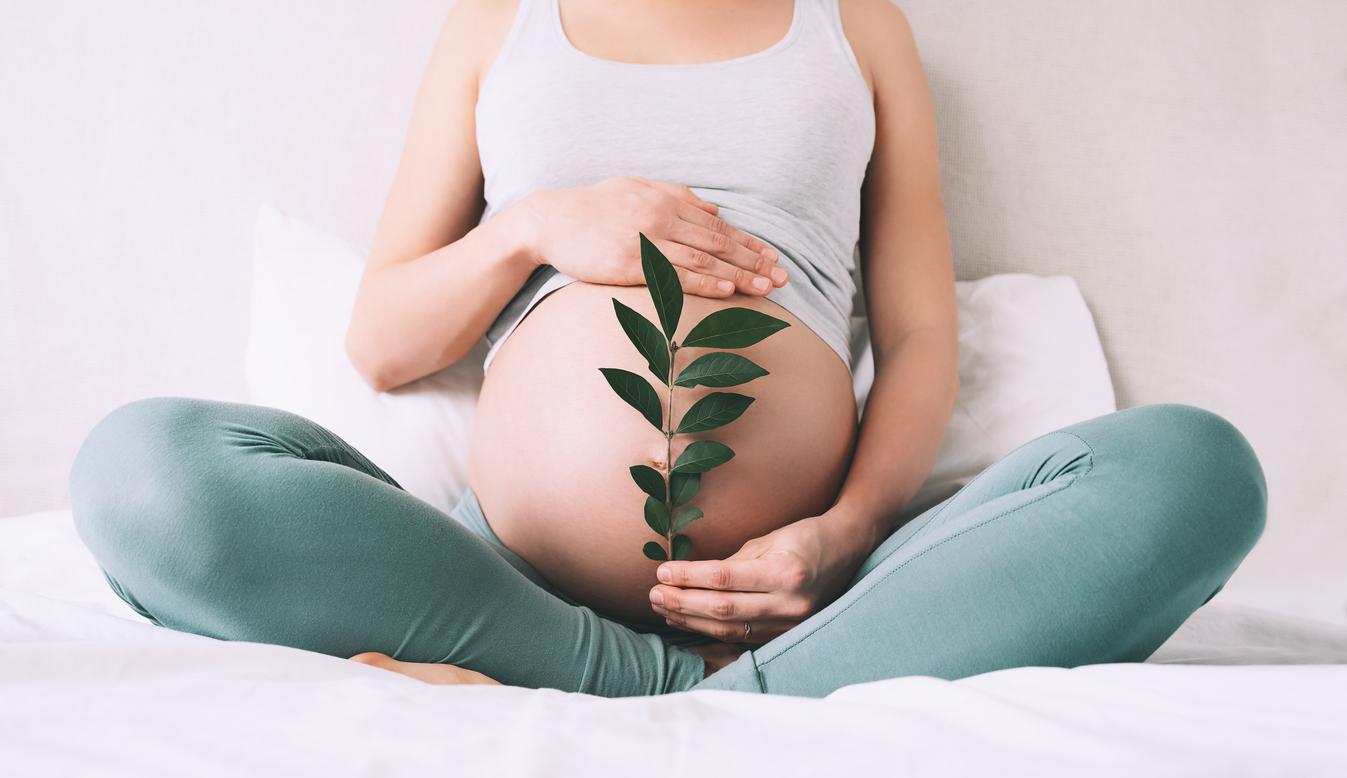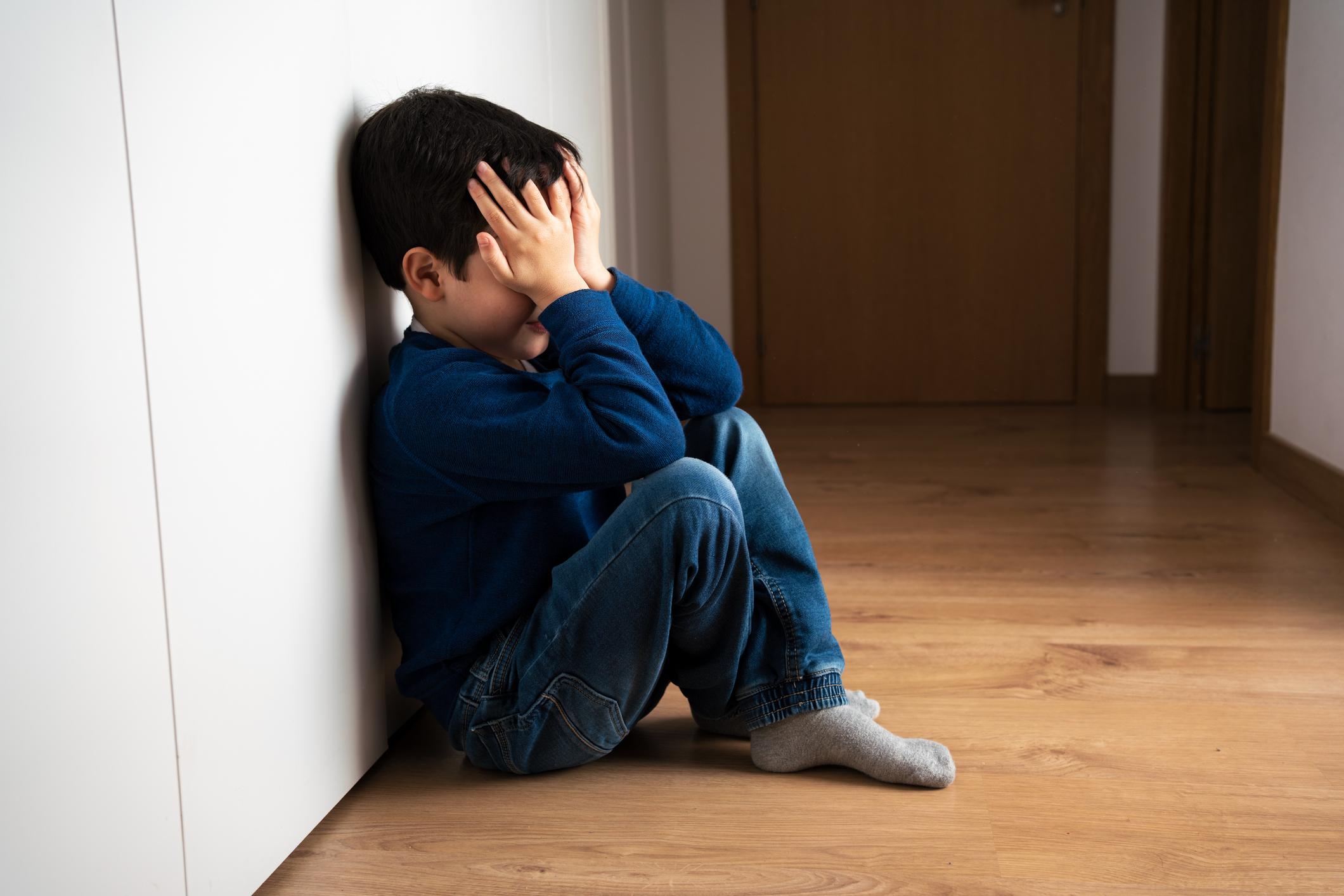Following the outbreak of the conflict in Ukraine, the Federation of Psycho-social Risk Workers (FIRPS) calls on French companies to be very vigilant about the mental repercussions of this war on their employees.

- On February 24, Russian President Vladimir Putin attacked Ukraine militarily.
- The Russian and Ukrainian delegations are currently in Istanbul for a new session of discussions.
The Federation of Psycho-social Risk Workers (FIRPS) is concerned about the psychological consequences of the Ukrainian conflict on the already weakened mental health of French employees.
Use of psychological helplines
“Our firms observe that the reality of the war, although distant, directly impacts the morale of workers, already weakened by two years of health crisis”, explain the specialists in a press release. Since the beginning of the Russian-Ukrainian conflict on February 24, they have also noticed a greater use of the remote psychological assistance lines set up by companies.
Why ? First, because many French companies are impacted at different levels by this war, depending on their links with the territories affected or their geographical proximity. “Companies are repatriating entire families of expatriates who have witnessed the war first hand and who need support”, notes the FIRPS.
Uncertainty and feelings of helplessness
Then, uncertainty and the feeling of helplessness are pushing more and more French people into unhappiness. “Populations, more sensitive, already weakened, are likely to face more psychological difficulties vis-à-vis this new crisis”, warns Isabelle Tarty, Vice-President of the FIRPS. Companies must therefore “Becoming aware of the increased needs for psychological support of their employees in the face of these events which, like the terrorist attacks of 2015 and 2016 and more recently the coronavirus pandemic, reactivate situations of anxiety”, concludes the federation.
A year ago, a survey showed that the proportion of workers affected by severe depression had more than doubled in France, going from 10% in April 2020 to 21% in March 2021.

.
















